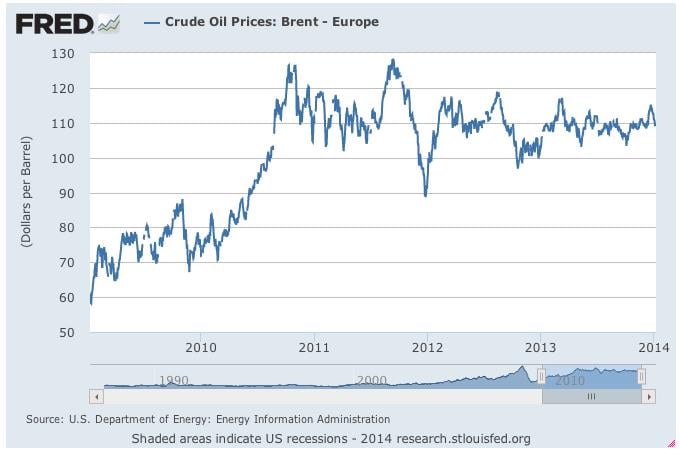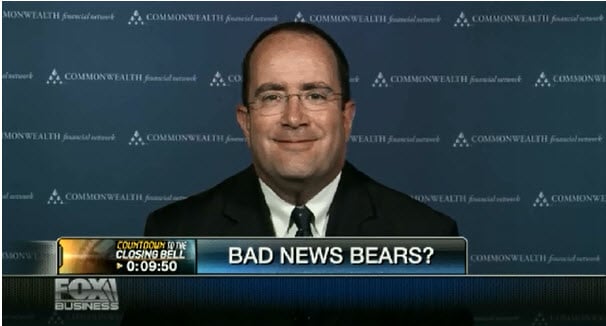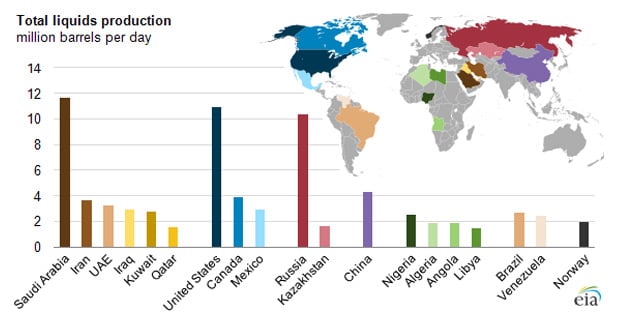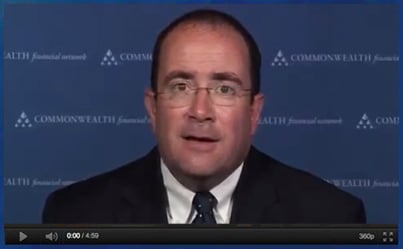I'll be out of the office for a few days, so I'm revisiting some of my past posts. (Today's originally appeared last July.)
Last night, I took my wife out to No. 9 Park—a very nice restaurant in Boston—to celebrate our 10th anniversary. Among other things, we talked about where we were 10 years ago, and how much has changed.
As we spoke, it occurred to me that we rarely have this type of conversation—one that covers longer periods of time rather than just what's happening right now. When you look back over a decade, events that once seemed so important may become less so, while things that seemed insignificant may turn out to be major.




























